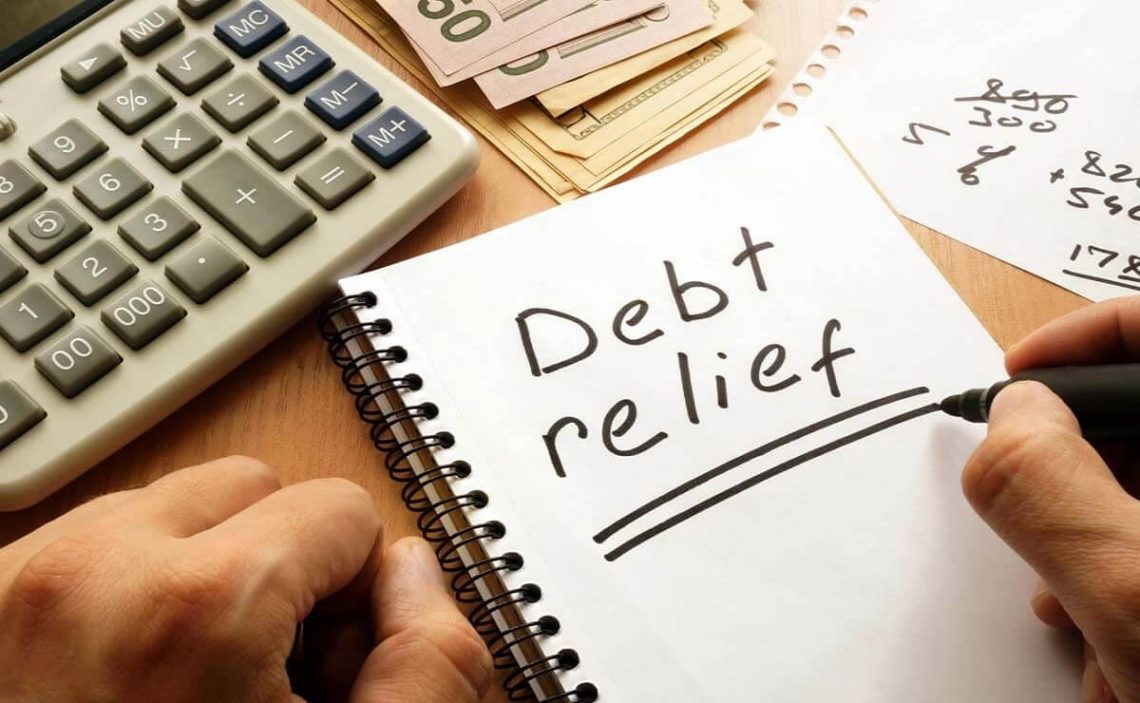We will not always have a good financial situation, and sometimes it won’t be easy for us to pay our credit card bills, so perhaps at some point, we may be forced to opt for debt relief. In these cases, we may wonder how this could affect our credit score, and today we have come to talk to you a little bit about it.
What will debt relief do to my credit score?
Before placing a debt relief order, you need to remember that it will negatively affect your credit score and may make it difficult for you to obtain new credit.
Scores are handled as creditworthiness and depend on statements, payments made on time, the number of payments due, terms of the agreement, and credit limits.
By opting for debt relief, you will not be paying the debt in full, so your credit score will be affected, and you will become a delinquent debtor.
If debt relief is your only alternative, you can try to work out an agreement with your creditor to end on good terms. This will not prevent damage to your credit score, but it may help you with future credit applications.
Debt Settlement vs Bankruptcy
Two ways to get out of debt are bankruptcy or debt relief. Both will negatively affect your credit score, but debt relief is the better option.
One of the main reasons it is recommended to choose this option is because the score will decrease by 50% less compared to bankruptcy, and the debts are of short duration. Thus, it is easier to increase the credit score again.
On the other hand, by filing bankruptcy, your future employers or lenders may find out about your case because this information is public knowledge, which could affect new job or loan applications.
On the other hand, electing debt relief demonstrates that you have tried to repay your debts in every way possible. This process usually takes 2 to 4 years and could save thousands of dollars.
But, by filing for bankruptcy, the process can take more than four years, and you will not be able to get any loans.
How can I rebuild my credit score after opting for debt relief?
The best way to rebuild your score is to make regular and timely payments. This is because 35% of your score is based on the timeliness of your payments.
Another way to improve your credit quickly is to keep your account balance below 30% of your credit limits.
Use credit cards on a consistent basis. Otherwise, you will not be able to improve your score. Don’t let balances and maximum charges accumulate.
Also, choose a small credit account that you can pay off monthly to avoid late payments as much as possible. Credit scores take approximately 6 to 24 months to improve, depending on how low your score is after settlement.
What is considered in my credit rating?
Before approving any loan or credit, lenders and banks look at the applicant’s credit reference file to ensure reliability.
The loan risks are based on your credit rating, mainly affected by bankruptcy filings, bank account management, and people financially linked to the user.
Luis graduated from Boston 2004 in Northeastern University and Tulane University with a MBA in NYU Stern School of Business.
Since then, Luis O. has earned the CFA Institute Certificate in ESG Investing, the Chartered Financial Analyst® designation (CFA® charter), as well as having FRM Certification which makes him a high-level financial consultant.
Luis has been collaborating in writing finance-related content for allaboutcareers since February 2022.



